Mon-Fri: 9am - 5pm
Excluding Bank Holidays
Mon - Fri: 9:00 - 17:00PM
Excluding Bank Holidays
 Free UK Delivery
On all orders over CA$96.20
Free UK Delivery
On all orders over CA$96.20
 Worldwide Shipping
With Reduced International Shipping Charges
Worldwide Shipping
With Reduced International Shipping Charges
 Collect Ocean Reward Points
Get Discounts on the things You Love
Collect Ocean Reward Points
Get Discounts on the things You Love
Vitamin D, including both Vitamin D2 and Vitamin D3, offers numerous benefits for the body. Vitamin D3 is naturally produced in the skin when exposed to sunlight, helping to maintain optimal levels of this important vitamin. However, some individuals may require additional supplementation through vitamin tablets, powders or gummies, particularly during the winter months when sunlight exposure is limited.
This is especially important for those who may be at risk of vitamin D deficiency. By incorporating vitamin D-rich foods or taking vitamin D supplements, individuals can ensure they are receiving the necessary benefits that this vital nutrient provides.
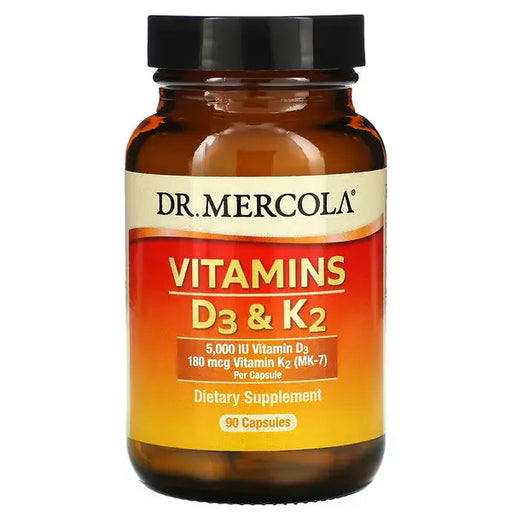 Save up to 0%
Save %
Save up to 0%
Save %
Vitamin D3 & K2 is a highly recommended combo to support your overall health. D3 & K2 work together synergistically – each nutrient aiding ...
View full details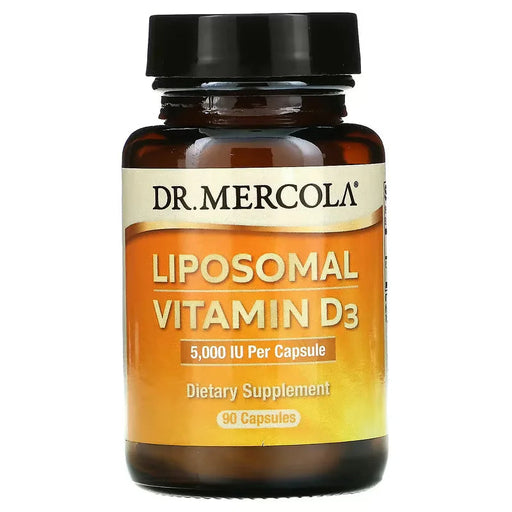 Save up to 0%
Save %
Save up to 0%
Save %
Introducing Liposomal Vitamin D3 for enhanced absorption and optimal results. Every cell in your body needs vitamin D for your optimal well-being.
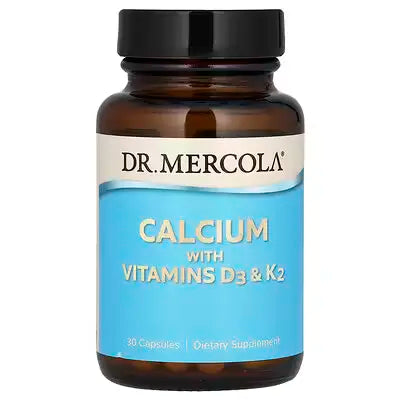 Save up to 0%
Save %
Save up to 0%
Save %
Powerful Nutrients Working Together for Strong Bones and Healthy Arteries. Building strong, healthy bones requires regular weight-bearing exercise ...
View full details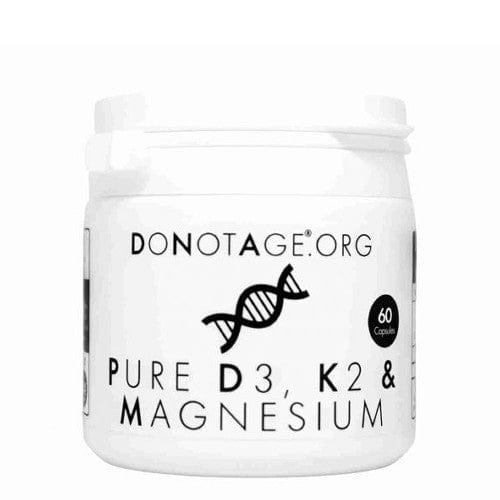 Save 0%
Save %
Save 0%
Save %
The inclusion of vitamin D3 and vitamin K2 in this product is specifically formulated to facilitate the body's absorption of calcium. This essentia...
View full details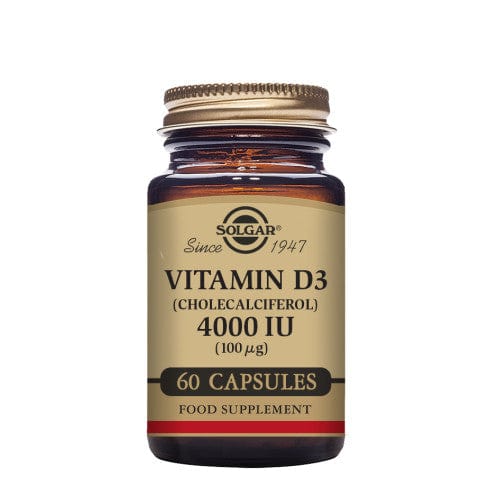 Save up to 0%
Save %
Save up to 0%
Save %
4000 IU of vegetarian-friendly vitamin D3 per serving Body-ready and active form of vitamin D Vitamin D supports immune defences Vitamin D helps k...
View full details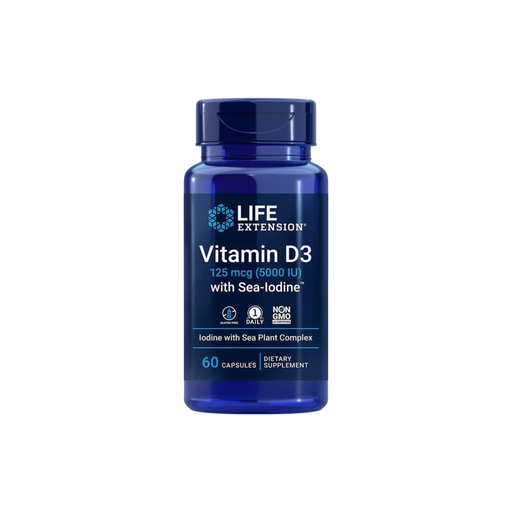 Save 20%
Save %
Save 20%
Save %
Vegan-friendly vitamin D3 formula for immune health and bone density Promote cognitive function and healthy bones Support a healthy immune system ...
View full details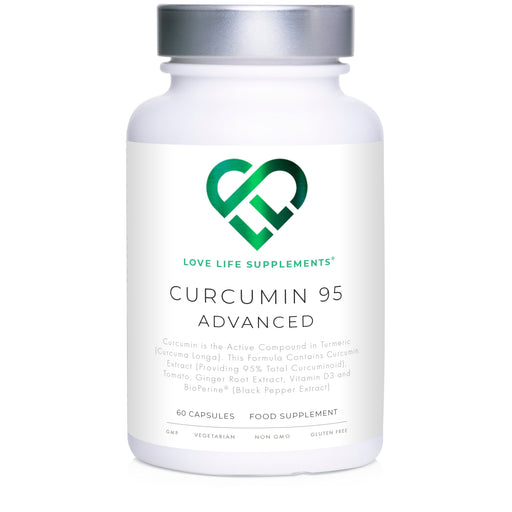 Save 17%
Save %
Save 17%
Save %
Curcumin is the active ingredient in turmeric. Turmeric has been used in the Ayurvedic healing tradition for centuries as a folk remedy.
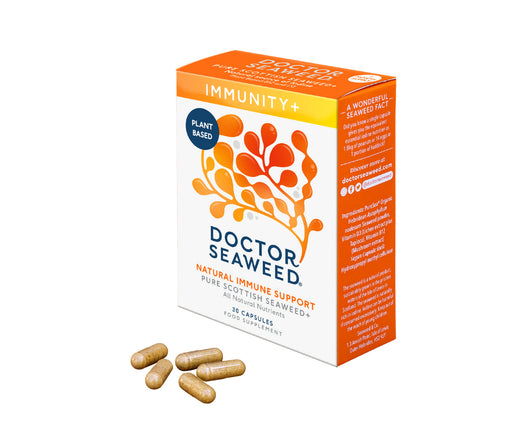 Save 29%
Save %
Save 29%
Save %
Discover the power of seaweed with Dr Seaweed Weed and Wonderful Immunity+ Capsules. These caps offer a simple yet effective way to introduce seawe...
View full details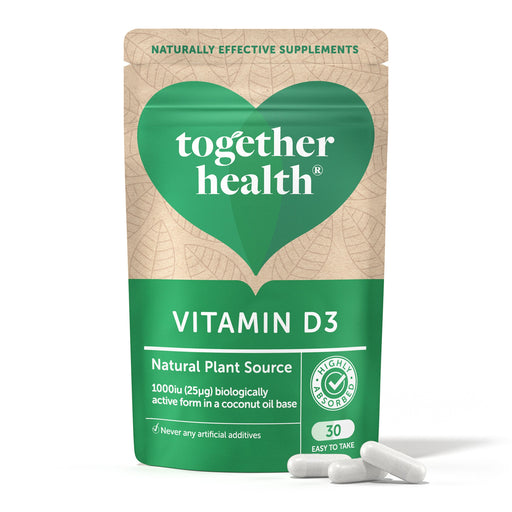 Save 0%
Save %
Save 0%
Save %
Introducing Together Health Vegan Vitamin D3, a plant-based supplement sourced sustainably from North American lichen. This unique organic species ...
View full details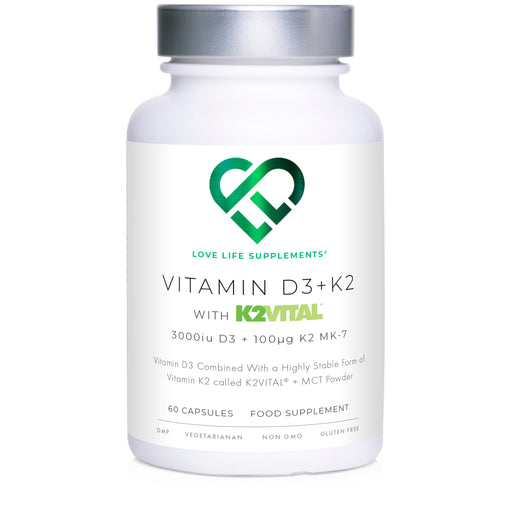 Sold out
Sold out
An essential vitamin for everyone, Vitamin D helps our bodies function more healthily. Vitamin D3 that is combined with a highly stable source ...
View full details
